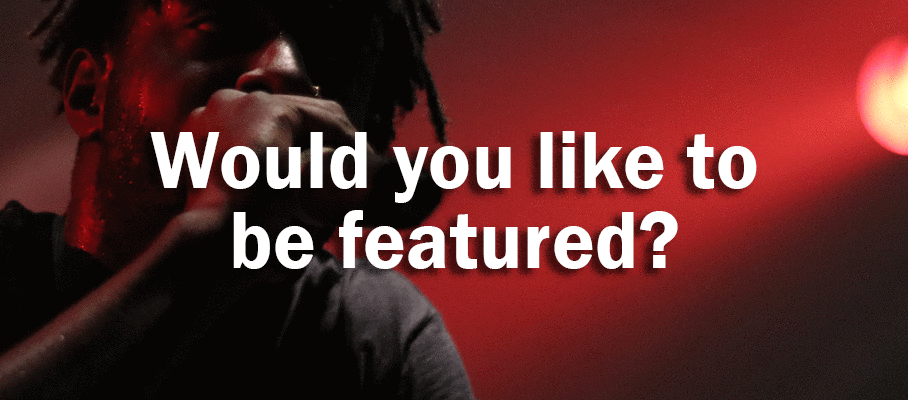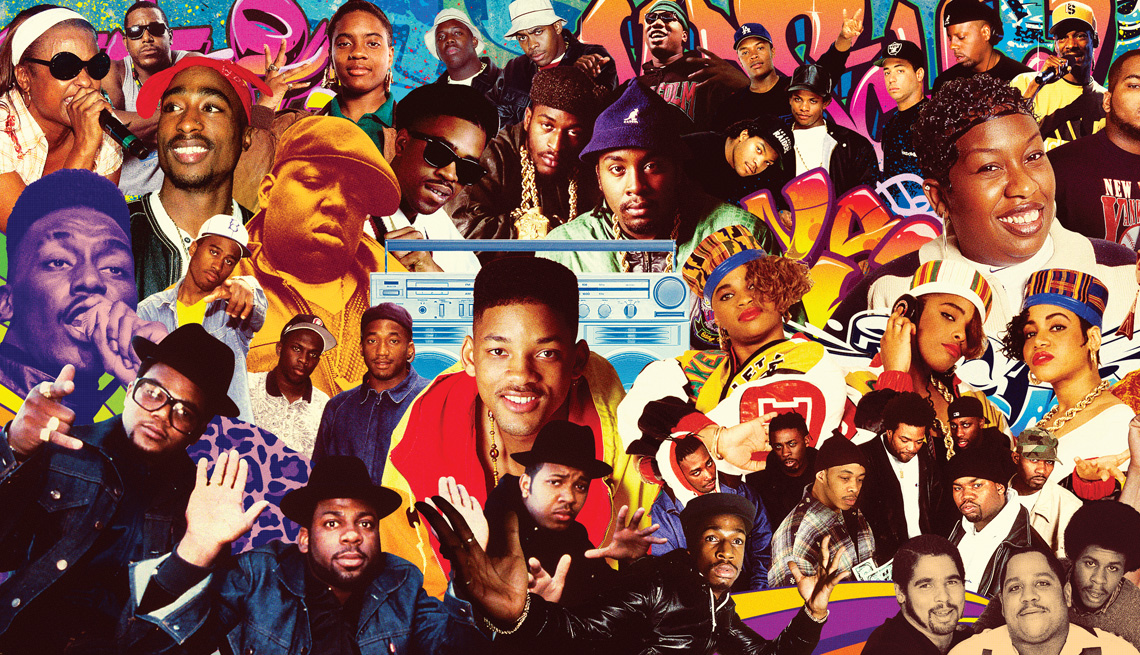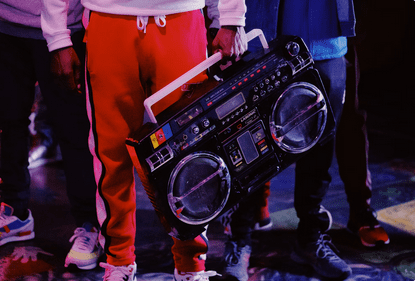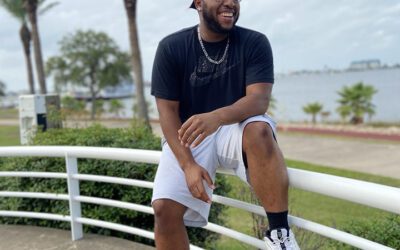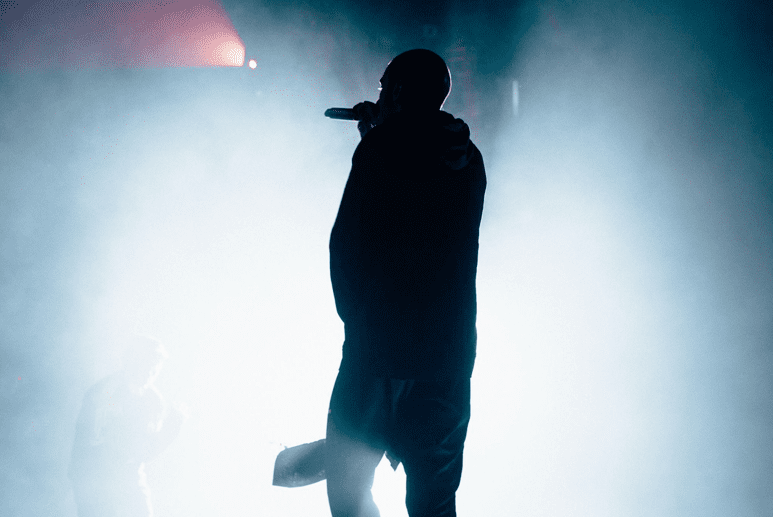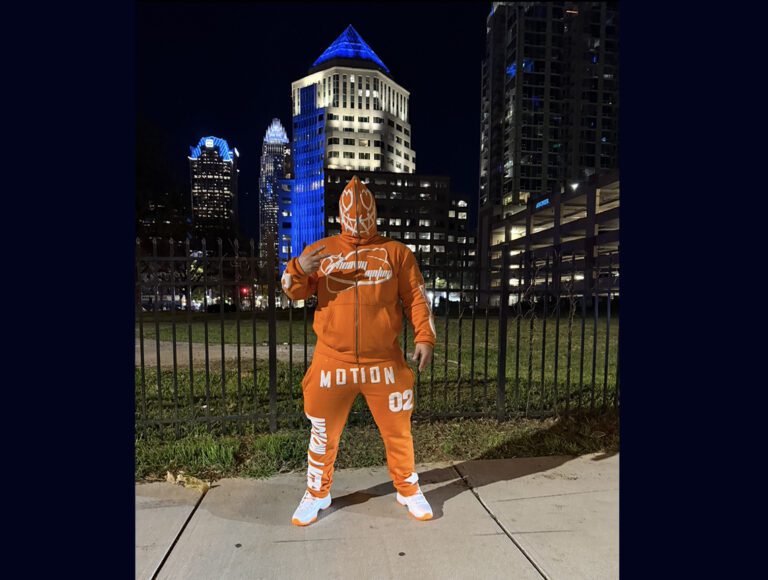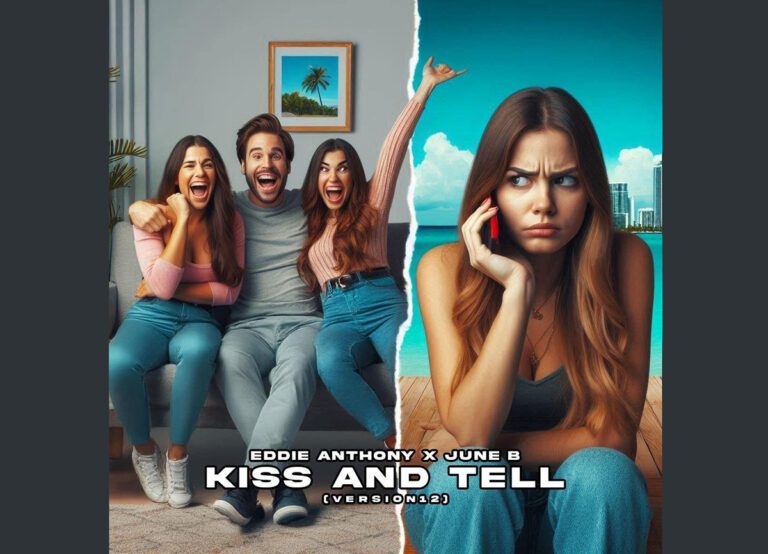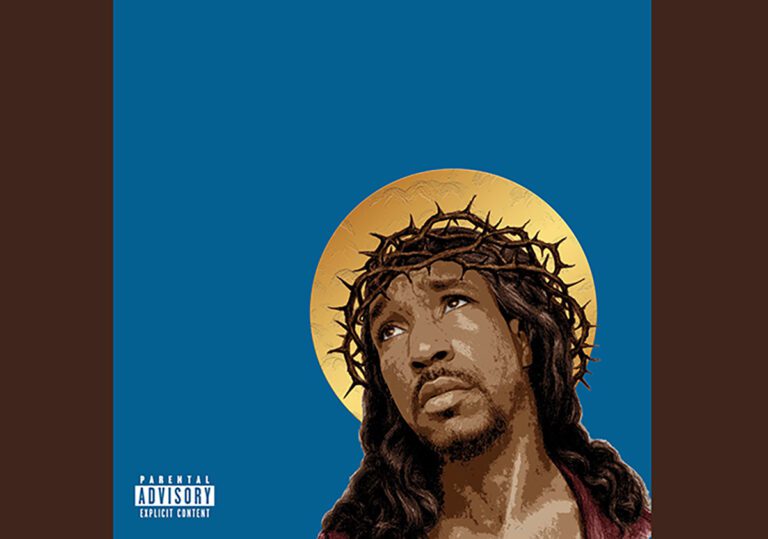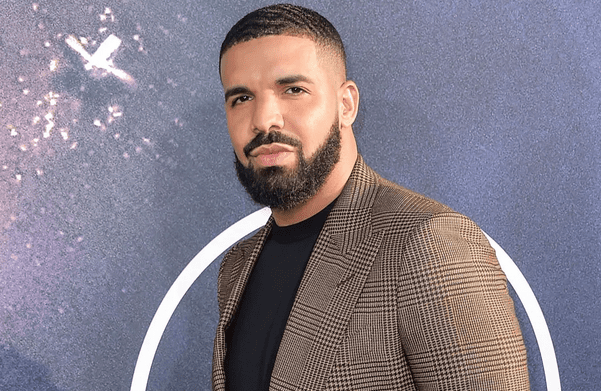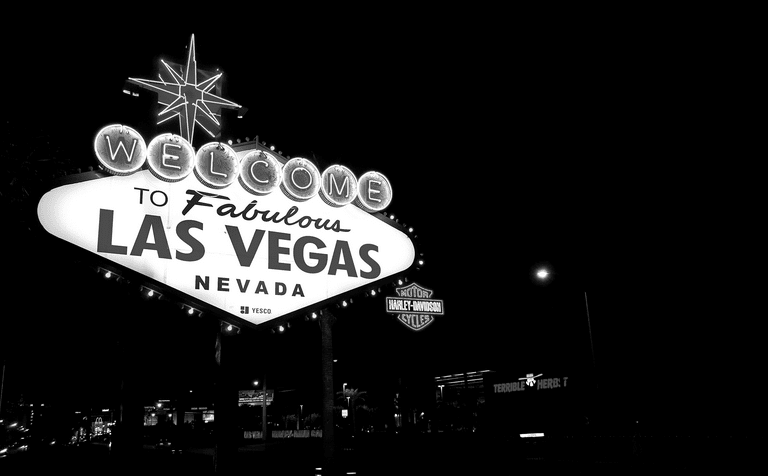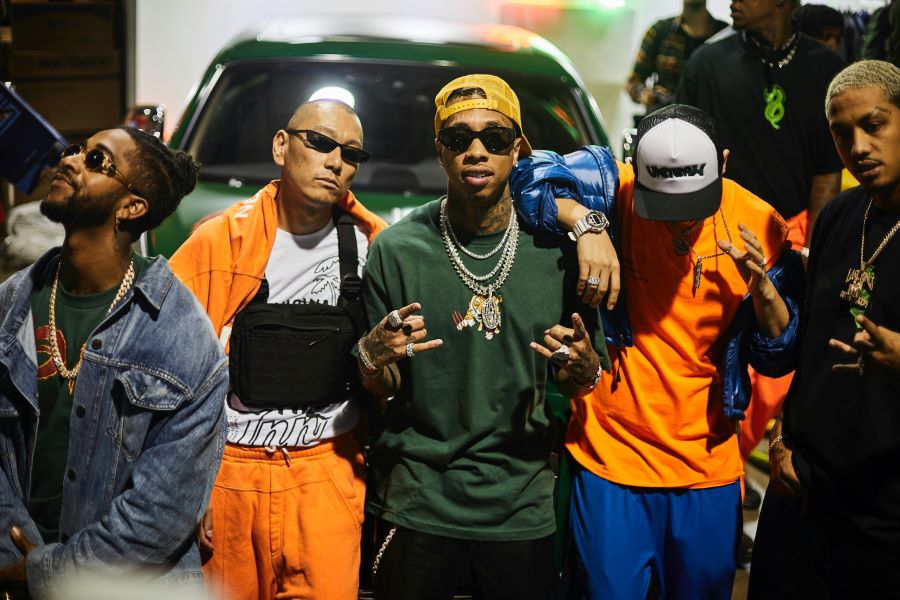
The first thing that comes to mind when you think of hip-hop is beats and creative lyrics, but there’s more to that: rap is a culture-shaping trends worldwide, especially through fashion. Hip-hop fashion has evolved drastically, with each decade having a unique trend. So, can you pinpoint the trends based on the era? What style was considered hip-hop over the years, and how does that affect fashion today? Here’s a brief analysis of the evolution of hip-hop fashion from the 1980s to the present.
Origins of Hip-Hop Fashion
Hip-hop expresses the music, dance, fashion, and culture of the people. It is originally from New York, the Bronx to be specific, in the 1970s. Music, dance, and art were the best ways for people to escape and address the issues affecting them, whether political, social, or economic. Then, hip-hop fashion involved what the people wore at the time, including streetwear, tracksuits, jackets, and sneakers.
People made statements about what they wore and how they wore it. Take, for instance, they wore large shoelaces on sneakers and baggy and ill-fitting clothing. The style incorporated elements of streetwear and culture, mixing up the elements and finding creative ways to assemble pieces.
Key Figures and Influences
Who started hip-hop and rap fashion and who are the hip-hop fashion icons? Did you know this fashion was a part of daily life even before hip-hop? People had already embraced streetwear, but rap artists gave it the necessary attention. In the 1970s, fashion went mainstream, so current fashion has come to people’s attention.
Pioneering DJs and artists like Grandmaster Flash, DJ Kool Herc, Sugarhill Gang, the Cold Crush Brothers, and DJ Hollywood of Harlem revolutionized hip-hop music. With that, rap became a cultural force. Every artist had a unique style, while dance crews wore specific attire or uniforms to stand out. Urbanites also wanted to dress up for break dance parties, discos, and block parties, and that’s how they embraced hip-hop fashion.
1980s Fashion
The 1980s were a breakthrough for hip-hop fashion. Urbanites made bold fashion choices and daring combinations, often breaking fashion rules but still looking stylish. Artists like Run-DMC started wearing denim jackets and shell-toe sneakers, while LL Cool J made the bucket hat and branded sneakers famous.
Adidas sneakers paired with Adidas tracksuits were a hit and even caught the eyes of designers. The 80s also had a touch of Afrocentrism, thanks to groups like Salt-N-Pepa wearing heavy jewelry, bright kente clothing, and other vibrant African prints. This is also around the time when fashion reflected Black pride and was meant to draw political attention, the same as the lyrics in the music.
1990s Fashion
Like the previous decade, the fashion revolution in the 90s also made massive strides. MTV and other stations widely played hip-hop, drawing more attention to the music and the culture. Boys II Men, MC Hammer, Notorious BIG, and other artists had unique identities and influenced more people to embrace them. Hip-hop fashion featured oversized T-shirts, sneakers, Timberland boots, and denim attire, especially baggy fits. To tap into the industry’s potential, brands like FUBU and Mecca developed various designs and earned a fortune annually.
2000s Fashion
Hip-hop, by this time, had already gone mainstream, and brands and artists kept launching designs for a share of the market. However, this led to oversaturation and excessive competition, hence the collapse of so many lines. Styles like baggy clothing, denim, camo pants, and chunky belts came back, while new styles like bandanas, du-rags, snapbacks, and sweatbands came to the scene as dominant headwear. Cool sneakers like the Nike Air Force were also a hit, and in 2009, massive brands like the Yeezy 1 by Kanye West were released.
2010s Fashion
The 2010s were also a notable time for hip-hop fashion, especially since it took a drastic turn from baggy clothing to well-fitting designer pieces. For instance, Kanye West and Jay Z refined the old look to introduce “proper swag.” Pharell Williams and A$AP Rocky embraced the style of designer suits paired with classic jeans. This was the most exciting time for hip-hop fashion as it went to haute couture, where runway looks included massive golden chains and tracksuits. Thankfully, other classics like snapbacks and denim on denim also made comebacks.
Hip-Hop Fashion Today
To date, famous hip-hop artists still significantly influence culture and hip-hop fashion. Consider massive artists like Kanye West’s 2021 Yeezy line of clothing and shoes that sell out on the same day of launch, sometimes in minutes. Hoodies and puffy jackets from the line are expensive but still sell out quickly. Artists also work with fashion houses and designers to promote their attire. Stars like Beyonce, Cardi B. Kendrick Lamar, and Lil NAs partner with massive brands like Adidas, Reebok, and Nike to promote stylish sneakers and other clothing.
Impact on Mainstream Fashion
Over the last decades, hip-hop has gone mainstream, and as a culture, so has hip-hop fashion. Thanks to rap legends starting classic trends, the style now features activewear and haute couture, which is more exciting since modern-day artists are collaborating with massive and upcoming brands to reinvent hip-hop fashion. The internet has played a huge role in highlighting modern fashion, and anyone from anywhere in the world can now embrace the style. The key is to find clothing that matches your personality, pair the pieces well, and make the look unique. There are so many trendsetters from which you can draw inspiration.
Conclusion
It is common for trends to be just a fad, fizzing out with time and as more trends come up. However, hip-hop has stood the test of time, even decades after it began mainstreaming. Urbanites defied all odds to create a unique style that resonates with them and helps them express and identify themselves while looking great. It is all thanks to talented influencers like rappers, DJs, and dancers who have created classic looks over the years. To date, and especially now that everyone can access the internet and follow the trends, it is incredible that artists are still significantly impacting hip-hop fashion.
About Post Author
Chad Mauli
Chad is a professional journalist specializing in Hip-Hop culture and writing music reviews.

